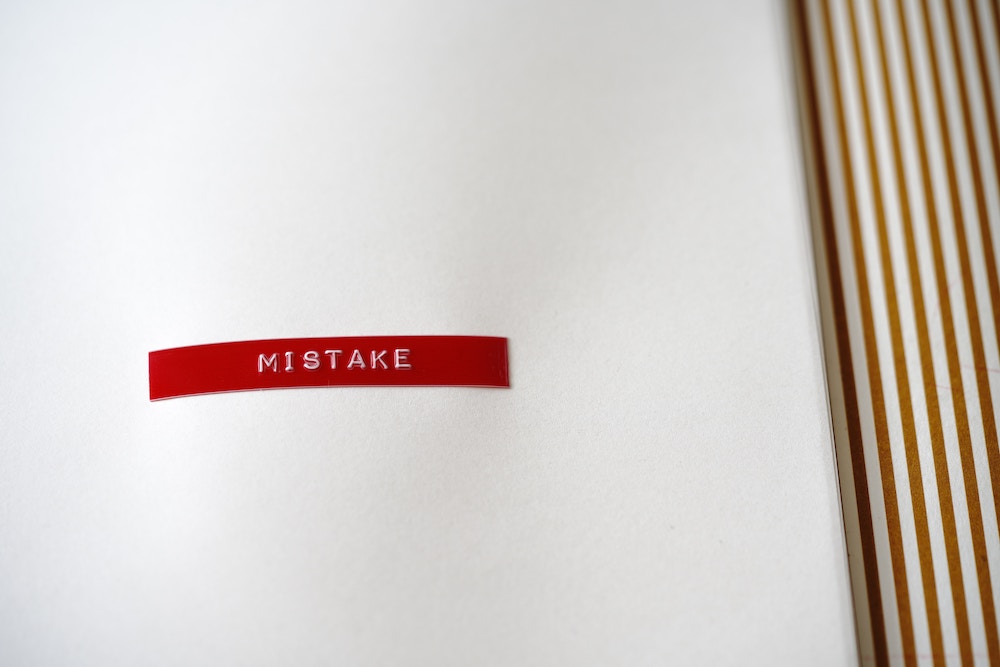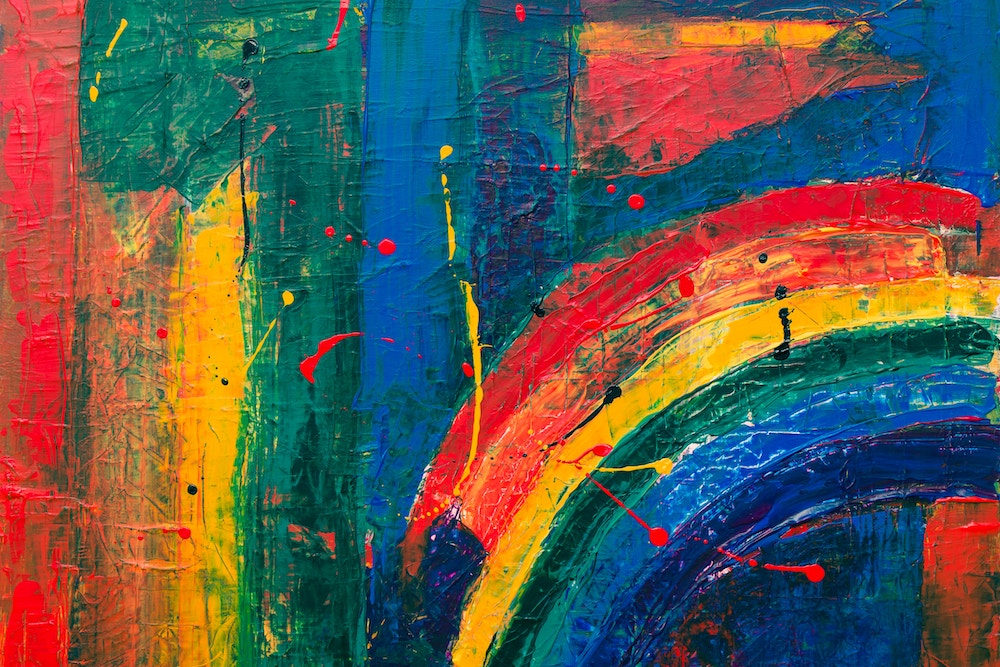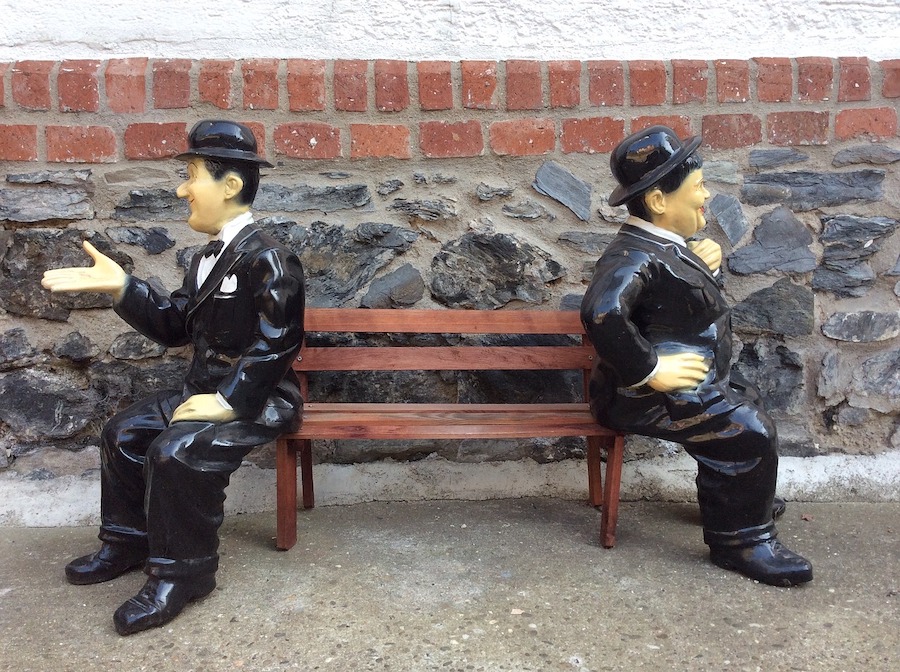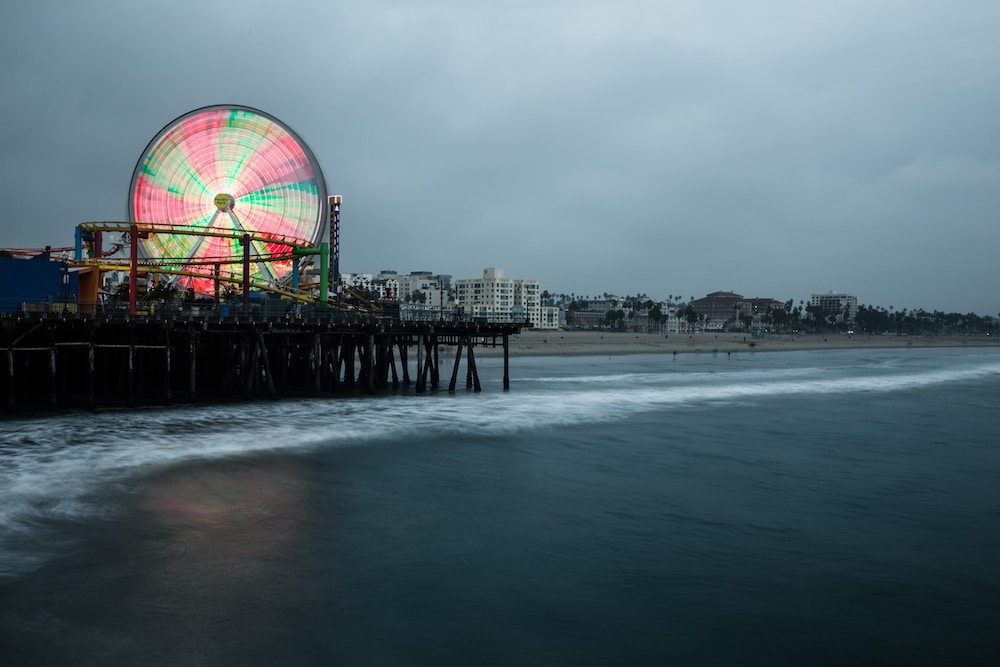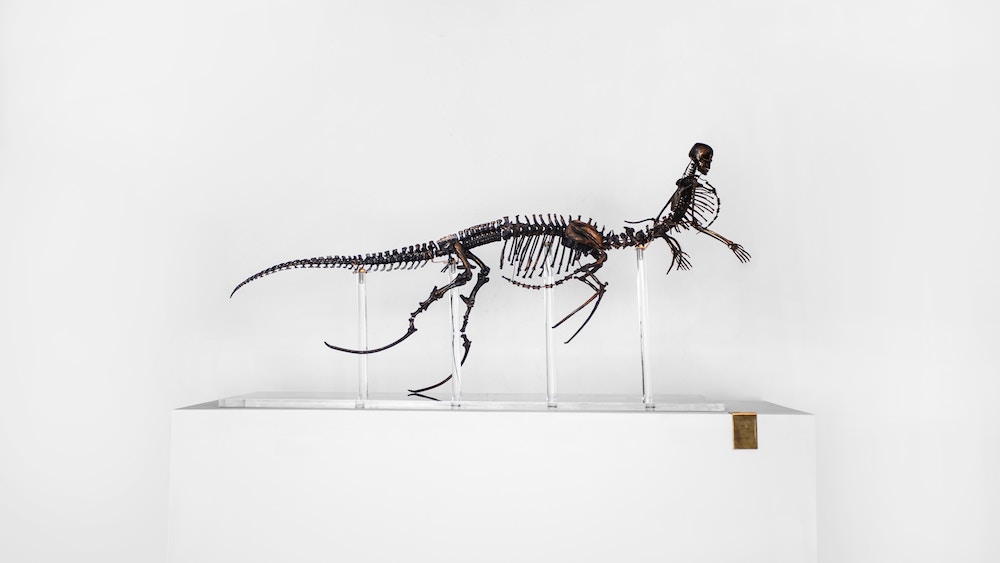 Peter Aird is a GP in Bridgwater, Somerset.
Peter Aird is a GP in Bridgwater, Somerset.
This week I recalled a study day that I went to some years ago. Suitably interactive, involving a variety of teaching styles and fully addressing a personally relevant learning need, it was the best educational event that I’ve ever attended. Given how excellent it was, you might be surprised to hear that I did not claim any CPD points for being there. The reason for this, seemingly schoolboy, error was, however, simply this – it was a Speed Awareness Course.
The day began with the leader asking for a show of hands from all those present who’d told friends and family that they were attending the course that day. Most hands went up, as did the corners of many people’s mouths, their smiles suggesting that few, if any, were ashamed at having been required to be there. The leader then pointed out that breaking the speed limit was no less likely to cause a road traffic accident than driving whilst over the legal blood alcohol limit. He then asked how many people would have told friends and family they were on the course had it been run for those who had committed a drink driving offence. You’ll not be surprised to learn that no hands went up. Later in the day, those gathered were asked to list the reasons why, on occasions, they might drive faster than the law permitted. A substantial list was generated. A short recording was then played of a man describing how his child had been killed by a speeding motorist. The leader then commented how our list, made up of what we had felt were potentially justifiable reasons for speeding, now seemed like nothing but a collection of weak excuses. It was a highly effective learning experience.
Over the years I have made mistakes as a doctor.
In the Spiderman films, Peter Parker is warned by his Uncle Ben that ‘with great power comes great responsibility’. As health professionals, the power that we have over our patients may not be equivalent to that of a superhero, I trust none of us are that arrogant, but it is still significant. And so, regardless of how uncomfortable it may make us feel, we have to take responsibility for what we do.
That sometimes means owning my mistakes and feeling the genuine regret of not being as good a doctor as others need me to be.
I don’t believe I am alone.
Of course, some of the errors we all make are indeed the result of the unreasonable demands of the job but, however loudly we may shout about how hard the job can be, we know that it is not always the case. And so we cannot drown out the words that we continue to whisper to ourselves, words that tell us that we could have done better, words that we know are, at least sometimes, true.
So what then? How are we to cope when we fail?
Given that I am in a confessional mood with regard to my history of driving offences, let me tell you about something else that happened to me some years ago. One sunny afternoon, I was merrily driving along the North Devon Relief Road on my way to visit my parents. when I noticed a police car following on behind. It was flashing its somewhat ostentatious blue lights at me. Well, I thought, I’d better stop and see if the police officer concerned wanted any help with his enquiries. And you know what – he did! In fact, so keen was he to have my assistance, that he invited me to step out of my car and join him in his.
Now I should point out that at this point I had no idea what he wanted to talk to me about. Perhaps, I wondered, it was simply that he was rather proud of his car and just wanted to show me how much better it was compared to mine! Because better it most certainly was – it even had a built-in camera which he delighted to demonstrate, by replaying the footage he had taken of my driving too close to the car in front me for the previous four miles. ‘Only a fool,’ he said, ‘breaks the two second rule’ and though I hadn’t appreciated it at the time, I realise now that he was, by implication, saying that a fool was what I was. He then went on to tell me that my crime of ‘driving without due care and attention’ was worthy of a court appearance and six points on my licence. I was somewhat taken aback.
When I make a mistake I am not comforted by the profession closing ranks around me.
I don’t know about you, but when I make a mistake I am not comforted by the profession closing ranks around me and insisting that I am OK – not when, deep down, I know that I’m not. Neither, as some suggest, can I make myself feel better by ‘forgiving myself’ for the harm I have done to others since, surely, only those so harmed can possibly forgive me for what I have done to them. What has helped though, far more so than the actions of that kindly police officer one Sunday afternoon on the A361, is when, having apologised to a patient for my mistake, my apology has been graciously accepted. Though the harm done remains, and the regret remains real, it helps me to carry on knowing that my error is no longer held against me – that I’m accepted despite my faults. Recently there was an article in the newspapers saying that kind doctors had healthier patients. Be that as it may, what is more certain still is that kind patients have healthier, and happier, doctors.
Of course though, not all patients will be so forgiving – that is their right. What then?
Well, if it’s hard to have made mistakes that are forgiven, then it’s harder still to have made mistakes that aren’t. To live with the knowledge that our actions have harmed another who, not unreasonably, continues to hold it against us is, I’m afraid, part of the job. So when our turn comes, it may just help a little to know that it’s something we all will experience at some point in our careers.
Because to sometimes fail is normal.
I know how reassuring it was for me when, as a still relatively young GP, a highly respected senior colleague of mine spoke of how he also knew what it was to experience the pain and regret of having made mistakes. Though at that time the mistake was mine, it helped to know that mine was not the only mistake. Though I still knew sadness and regret, it helped that sadness and regret was not only mine to know.
We should instead acknowledge our ordinariness and quietly accept one another.
The problem is, of course, that we are all only human. For me, the answer to that problem, isn’t to find self-acceptance by considering myself ‘good enough’ since it is patently obvious to me that, on occasions at least, I’m not. Nor do I believe I do others a favour by trying to convince them when they fail that they remain ‘good enough’ since to do so only burdens them with the endless struggle of pretending to be what they know, all too well, they’re not either. Personally, I need to know the security that comes from being accepted, not on the basis of who I pretend to be, but who I really am, not as a result of being a perfect doctor but rather because someone, who despite knowing I fall well short of that ideal, accepts me just the same. Perhaps you do to.
For this is love.
We are fortunate indeed if we know such unconditional acceptance supporting us when times are hard, but to expect it within the workplace is perhaps unrealistic given that professional standards need to be maintained and the public has to be protected. Nonetheless, within the profession, were we to care for each other with a healthy appreciation of our limitations, what Atul Gawande calls our ‘necessary fallibility’, not only would it alleviate the burden felt by those who imagine everyone else is performing so much better than they are themselves, but it would also surely bring about the more nurturing environment required if we are to see ourselves becoming the better doctors we all so long to be.
But for that to happen we are going to have to stop pretending that mistakes are only made by those anonymous others that we read about in the paper – those who allow us to feel better about ourselves by being there for us to collectively look down upon. Instead we need to be honest enough to admit that it is we who sometimes make mistakes, that each of us are just ordinary, and that none of us are all that we’re sometimes cracked up to be.
That is the truth, at least it is for me.

